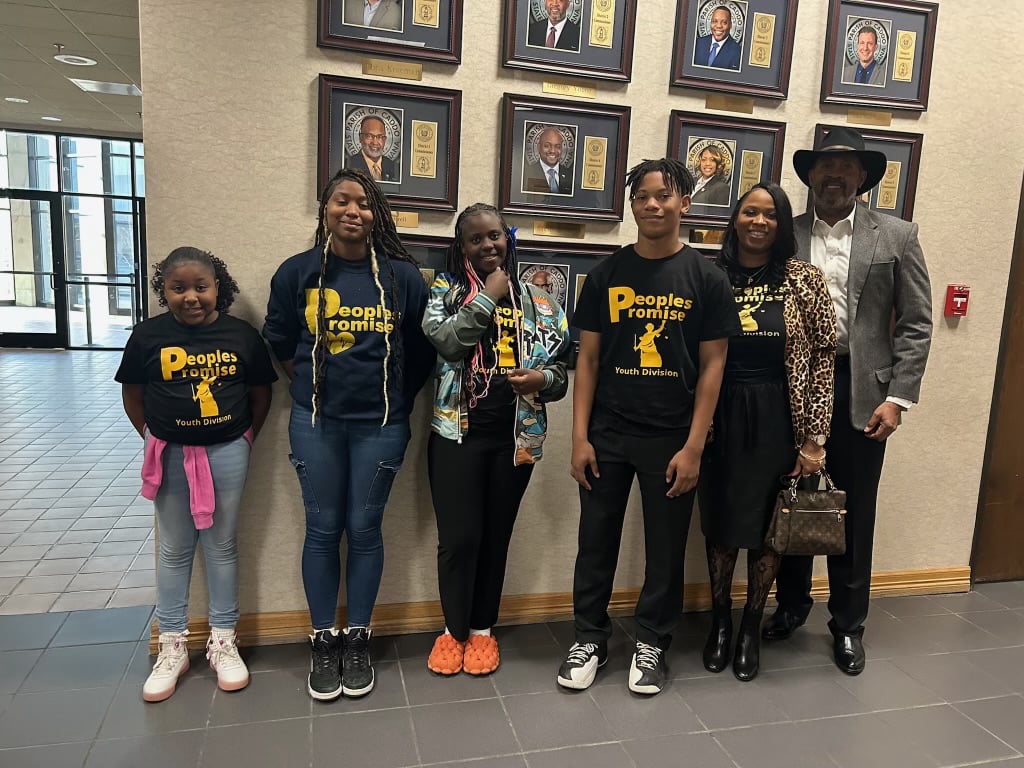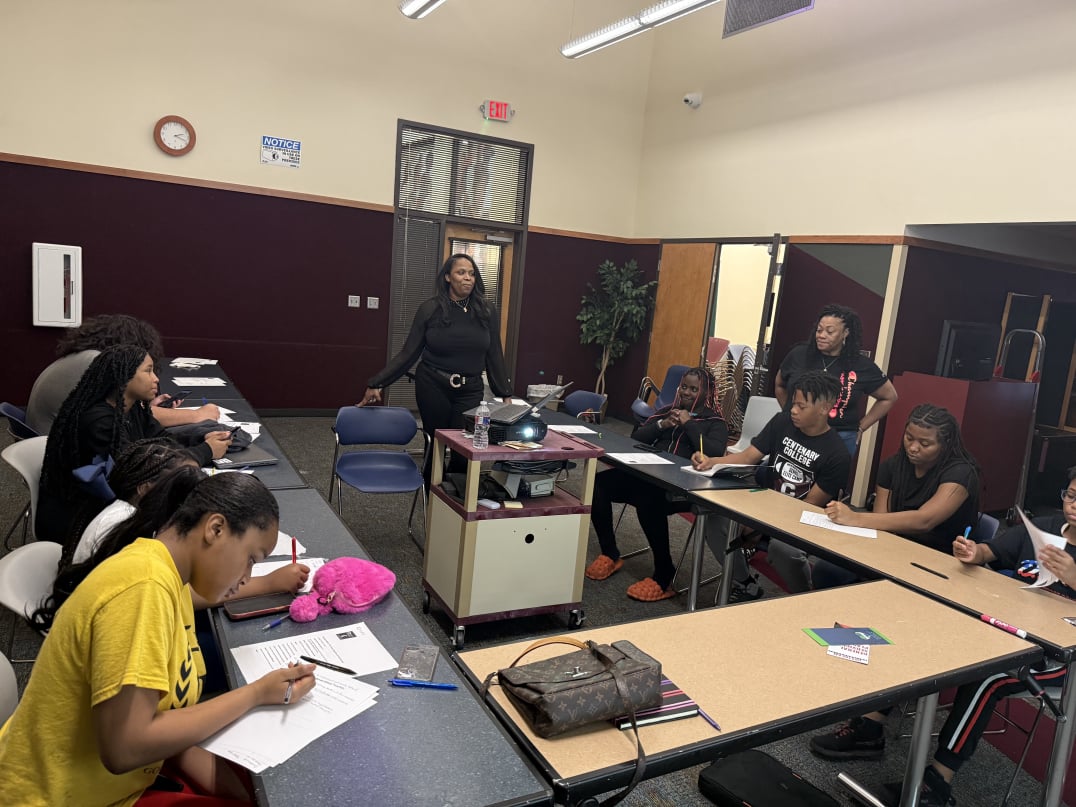Peoples Promise Youth Divison speaks on Amendment 3- Charging Kids as Adults
The People Promise Youth Division has raised a pressing issue affecting countless young individuals—the practice of charging children as adults in the justice system. This controversial approach disregards the fundamental differences between children and adults, particularly in cognitive development and decision-making capabilities.
Breka Peoples, speaking on behalf of the division, highlighted concerns about the school-to-prison pipeline and the potential consequences of treating minors as adults in the legal system. She emphasized the gravity of a proposed Amendment 3 in Louisiana that could allow children as young as ten to be charged as adults. Such legislation poses a significant threat to the well-being and future of young individuals, ignoring scientific evidence that children’s brains are still developing, particularly in areas related to impulse control and understanding long-term consequences.
Peoples argued that children should not be held to the same standards of accountability as adults when they lack the cognitive maturity to fully process the outcomes of their actions. Placing minors in adult correctional facilities does not serve as rehabilitation; rather, it exposes them to dangerous environments that increase the likelihood of long-term negative outcomes. Instead of providing young offenders with opportunities to learn from their mistakes and make meaningful changes, the justice system risks setting them up for failure.
Peoples emphasized that the justice system should prioritize rehabilitation over punishment, advocating for juvenile justice programs, counseling, education, and mentorship as more effective solutions for reform.
Furthermore, she called on communities, churches, and organizations to take an active role in advocating for policy changes. It is essential, she argued, to ensure that funding intended for youth development is allocated appropriately and used effectively. Transparency and accountability from lawmakers and government officials are crucial in safeguarding the future of children who may otherwise fall victim to a flawed system.
Peoples stressed that this issue extends beyond a single law; it is about the broader future of young people and society as a whole. Ensuring that children who make mistakes are given the opportunity to correct them rather than being subjected to harsh, life-altering sentences is a collective responsibility. By working together, communities can help create a justice system that focuses on second chances rather than irreversible punishments.u.

